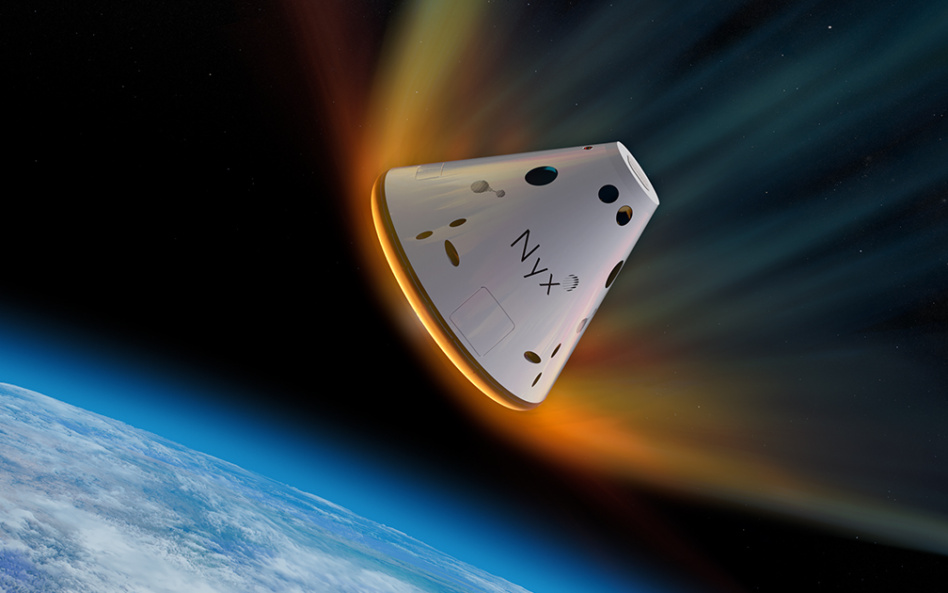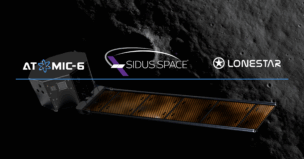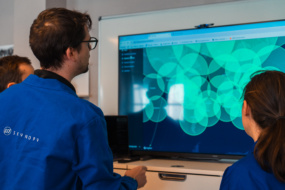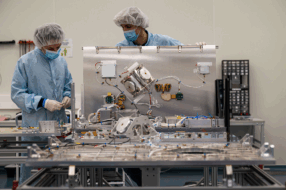Franco-German startup The Exploration Company has successfully completed a system requirement review of its Nyx spacecraft.
TLDR: The Exploration Company was founded in 2021 with the aim of supplying long-duration in-orbit hosting services to customers, at a fraction of the cost of the ISS. The company is developing a modular spacecraft capable of extended stays in orbit and, eventually, the ability to visit multiple locations on the surface of the Moon.
The startup announced May 3 that its Nyx spacecraft had passed its first major design review. The review was conducted to ensure the vehicle addresses the correct system solutions and that the overall design is ready to move into the preliminary design phase.
“We had experts from ESA, DLR, CNES, and industry and it gave us insight into what they want to do in the future and how our vehicle fits into their roadmap,” The Exploration Company Chief Engineer Jon Reijnefeld told Payload. “This gives us the view that we’re not the only ones thinking about this and that there is potential out there.”
Stripped-down demo: The company will launch its first mission aboard the maiden Ariane 6 flight. Dubbed the Bikini Demo, the mission will include a small capsule weighing just 20 kg and will be used to test thermal models. This initial mission is fully funded with the $7.2M (€6.8M) the company has raised so far.




